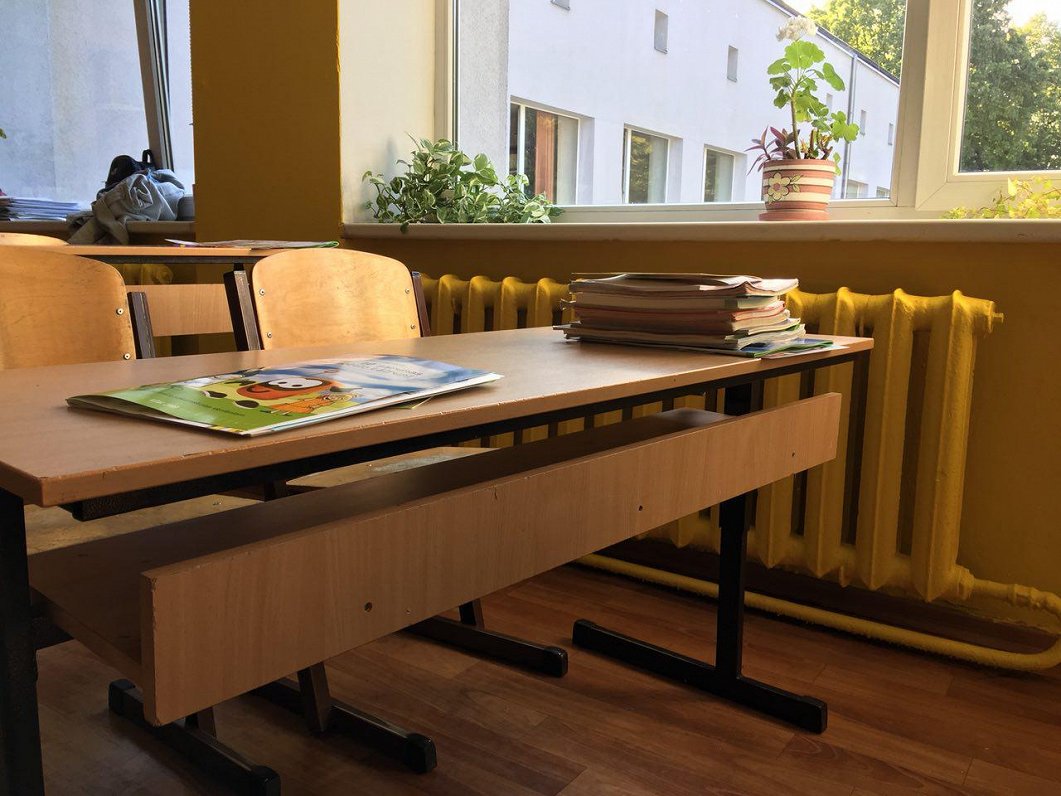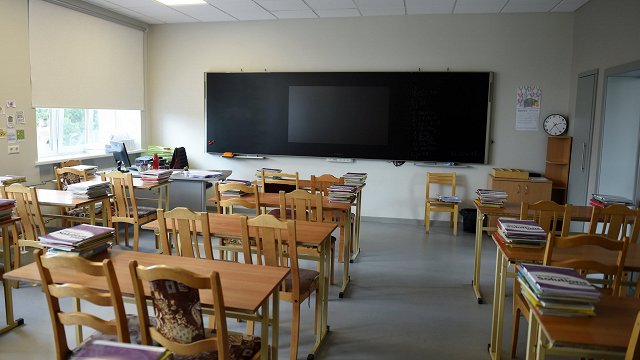She elaborated that pupils and their parents want schools to teach practical and useful skills like household management and income planning. According to both children and parents, the focus should be on critical thinking, self-regulation, as well as mental and physical health issues.
Particularly, parents stressed the importance of instilling values and morals in their children. Pupils, on the other hand, expressed a strong wish for studying subjects related to modern science like robotics.
Likewise, pupils and parents often indicated the importance of stressing practical application rather than mere theoretical knowledge, so that children could come to grasp subjects “by seeing how they can be applied in everyday life”. Many pupils opposed the idea of “cramming” information.
73,5% of pupils believe that what they are being taught at school can be applied in real life, and 66% have indicated that they find lessons interesting. At the same time, however, 80,2% believe that going to school is not crucial for securing a good job, and 80% think that school is a waste of time.
Moreover, the survey has shown that rapport with teachers is important to pupils – they want their teachers to care about what they are doing. The survey also revealed that many pupils do not feel safe at school. Approximately 20% of the surveyed pupils reported physical or emotional abuse by teacher or peers. 21,3% (553 pupils) reported that teachers shout, get angry, or create a disagreeable environment in any other way.
More than 737 parents whose children go to more than 300 different Latvian schools and 3304 pupils who go to 327 different Latvian primary and secondary schools participated in the survey. “Skola2030” conducted the survey in during the second half of 2018 and will use this information to improve the school curriculum.





























